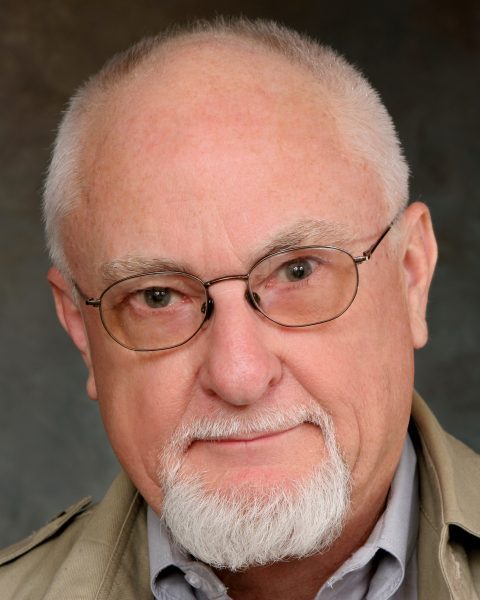Are Adventists Alone in Having to Explain the Delay in Jesus’ Return?
by Ervin Taylor, February 4, 2015:
Question to Paul: “You expected that the return of Christ would occur in your own lifetime. We know now that you were wrong about that. You were off by two thousand years and counting. Does that mistake bother you, Paul?”
Answer from Paul: “No, not really . . . I always knew the difference between faith, which is a life’s commitment, and theology, which is a mind’s speculation. I never thought that believing what God would do meant knowing how and even when it would happen. Besides, it is my experience that whatever details we give about the human future are usually wrong, but whatever details we give about the divine future are always wrong. Have you noticed that?”
The above quotation was taken from In Search of Paul (by John Dominic Crossan and Jonathan L. Reed, New York: Harper, 2004, p. 177) from a chapter entitled “Two Thousand Years and Counting.”
The belief in a second coming of Jesus is embedded in half the name of the Seventh-day Adventist Church. The 19th-century American origin of our Protestant denomination is associated with a mistake made in the interpretation of biblical prophecy having to do with the timing of the second coming. Jesus was supposed to return sometime around 1844, but there was a “Great Disappointment.” There was no second coming at that time.
However, all was not lost. A new denomination was born. According to the standard story, a small group understood that the error was not in the timing, but in the identification of the event. They gathered around a young, charismatic visionary, Ellen Harmon (later Ellen White). A highly innovative theological adjustment was made in the interpretation and a brand new theological concept, the “investigative judgment,” was created on the basis of rather ambiguous biblical texts in Daniel—the interpretation of which was then validated by the young visionary.
As Adventists, we should not feel that we are unique in having to explain a mistake in addressing the delay of the second coming. The history of the Christian church, going literally back to the beginning, is littered with predictions about the timing of the return of Jesus that failed to occur. Why should we Adventists feel we are special in that regard? We are part of a long line of Christians whose predictions about the second coming did not come to pass. We are also in a long line of Christians who came up with a number of very creative explanations why their predictions had been mistaken and/or reinterpreted what “return” actually meant.
One of my granddaughters has a saying: “Nothing is wrong, but something is not right!” With regard to this topic, I believe that at the very least something is not right about the conventional official Adventist understanding, advocated by our church today: namely, that we are living in the “end times” and the second coming is very near. The problem is that we don’t know quite what is not right, probably because we are mere humans trying to figure out something totally beyond our pay grade.
To quote the imagined response of Paul, “whatever details we give about the divine future are always wrong.” That’s the nature of so-called predictive prophecy; it’s always wrong. So why do we call it “predictive”?
 Ervin Taylor was Professor Emeritus of Anthropology at the University of California at Riverside (UCR) until his death in 2019. He was one of the founders of Adventist Today back in 1993.
Ervin Taylor was Professor Emeritus of Anthropology at the University of California at Riverside (UCR) until his death in 2019. He was one of the founders of Adventist Today back in 1993.




